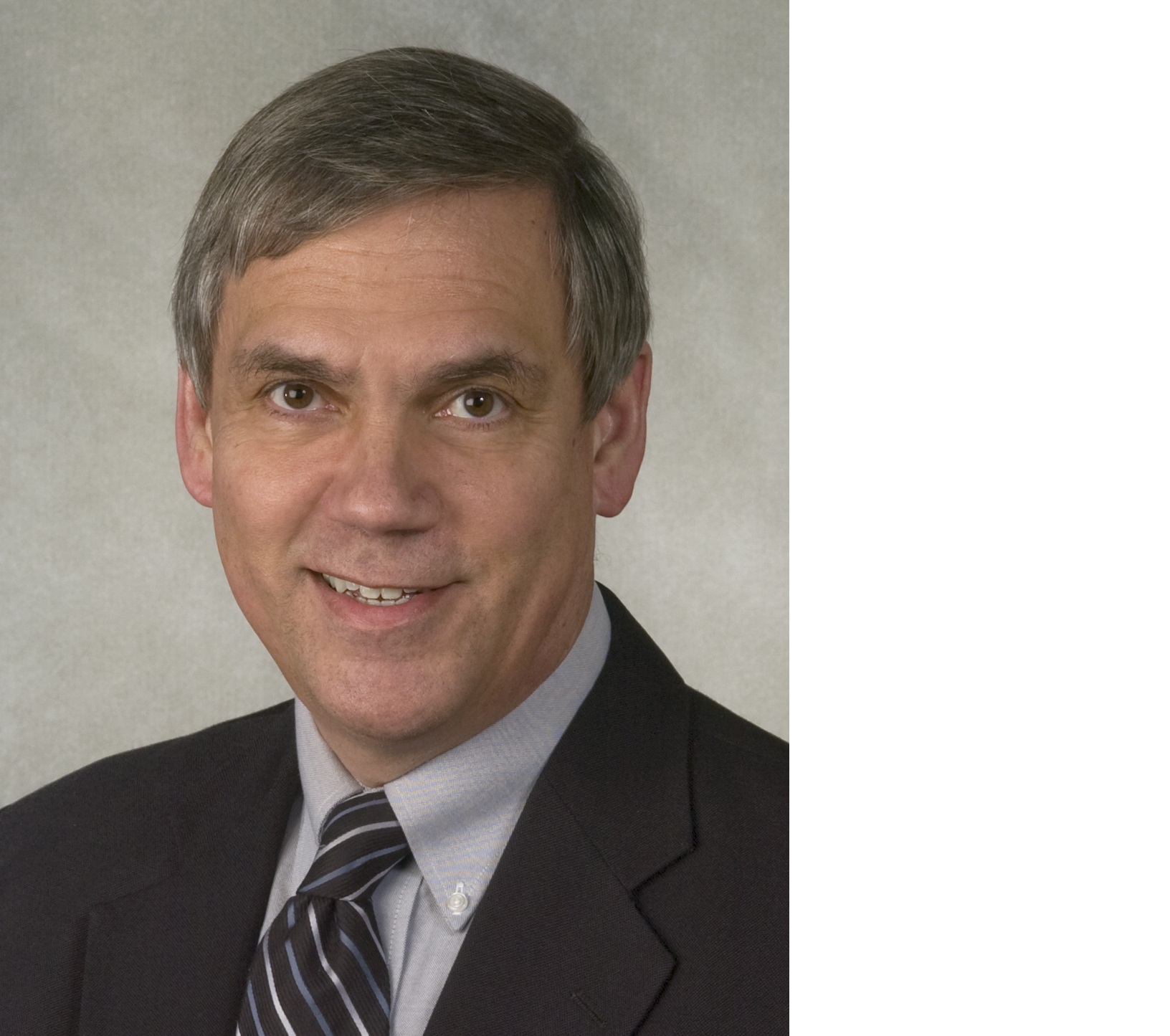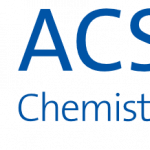About the Seminar
The linear intermediates in mammalian isoprenoid biosynthesis once were viewed as serving only as precursors to cholesterol and other steroids, but it is now well-established that they have much more complex functions. The longer-chain compounds farnesyl diphosphate and geranylgeranyl diphosphate commonly are employed in protein prenylation, converting proteins to lipoproteins, which is essential for proper localization of important membrane-bound proteins. Smaller isoprenoids, especially isopentenyl diphosphate, can stimulate proliferation of some types of T cells, and promote an immune response to bacterial infections. In both arenas, the limited metabolic stability of the diphosphates limits their utility as biological probes or clinical candidates, but phosphonates enjoy much greater metabolic stability. Our studies on synthesis of phosphonate analogues of these important metabolites will be presented, along with studies of their biological activity conducted by our collaborators.
About the Speaker
David F. Wiemer was born and raised in southeastern Wisconsin. After graduation from Marquette University, he earned his PhD at the University of Illinois (with Nelson Leonard) and then held an NIH postdoctoral fellowship at Cornell University (with Jerry Meinwald). He joined the faculty at the University of Iowa in 1978, where he currently holds an appointment as F. Wendell Miller Professor of Chemistry and Professor of Pharmacology. His research is focused on the design and synthesis of organophosphorus compounds that mimic the intermediates of isoprenoid biosynthesis and synthesis of biologically active natural products. Through extensive collaboration, he attempts to determine the biomedical potential of these substances. He is a co-founder of Terpenoid Therapeutics Inc., a biotechnology company pursuing commercialization of several of his discoveries as potential anti-cancer agents. Prof. Wiemer has co-authored over 200 publications and numerous patents, mentored more than 50 students to conclusion of the PhD degree, and received support from the National Institutes of Health, the Roy J. Carver Charitable Trust, the National Science Foundation, the Children’s Tumor Foundation, the Leukemia Society of America, and the Breast Cancer Research Program, among others. He was named a Collegiate Fellow in 2002, received the Regents Award for Faculty Excellence in 2003, and was elected as a Fellow of the American Association of Science in 2006. He served for many years as a tour speaker for the American Chemical Society, making approximately 160 visits to local sections around the country, and was selected as an ACS fellow in 2011. He also has served as interim associate dean of the Graduate College as well as chair of the Department of Chemistry.



